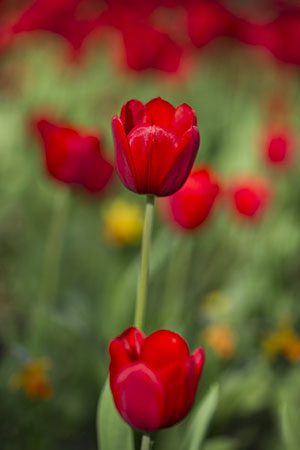Find your reasons for hope and let them guide you onward.
Jane Goodall
Shortly before the new year, a friend told me about a book she was reading, The Book of Hope: A Survival Guide for Trying Times. It is written by Jane Goodall, “the world’s most famous living naturalist.” When I hear the name, Jane Goodall, I immediately think of her work with chimpanzees. Through her work with these creatures, Jane came to know that what she had always believed about animals was true, that “they have personalities, minds, and emotions,” and that our lives and theirs are deeply connected. Douglas Abrams, the co-author of the Book of Hope, questioned how Jane could be hopeful in the midst of a pandemic and the climate crisis. She gave him four reasons: the amazing human intellect, the resilience of nature, the power of youth, and the indomitable human spirit.
Jane is not a Pollyanna; she knows we are facing grave dangers brought on by the climate crisis, the pandemic and rampant consumerism. But she still has hope, and the reasons she gives for being hopeful seem to me to be solid enough to give us all reasons for hope. In moments when we are tired, sick or depressed we may find it hard to hope. That’s why I’m so glad I heard about and read this book, which makes it clear that hope is a choice each of us can make. It isn’t enough for someone else to give us their reasons for hope. Jane challenges us to find our own reasons to be hopeful and to use these reasons as a guide to show us the way forward.
In response to this challenge I have started looking for my own core reasons for hope.One of the most obvious ones, from my perspective, is that we have vaccines to prevent us from getting seriously ill and/or dying from Covid 19. Remember how it was at the beginning of the pandemic when we were all locked down and we were unable to safely be with friends and family? To me it is amazing that the vaccines were developed so quickly.They gave us the freedom to once again venture out into our communities.
Another core reason for hope is the healing power of human relationships. After the holidays I was feeling despondent. There was the usual let down that often comes after the end of festivities, but this time it coincided with the Omicron surge. Once again the hospitals were full and healthcare workers were overwhelmed.We didn’t have adequate information about just how effective the vaccines were against Omicron. (Only today did the CEC confirm that they offer very strong protection against serious illness, hospitalization and death, thank heavens!) I had not been anywhere but the grocery
store for weeks. I was feeling lonesome and blue. But then two friends and I decided that it would be safe to meet on my screened porch–and the weather cooperated. We drank tea and ate cookies and pastries, but most of all we talked and listened to each other. It was such a gift—-truly a healing balm. I was awestruck by how much that visit changed my mood and attitude. Even my allergies seemed greatly improved!
Like Jane Goodall, I am also made hopeful by the resilience of nature. We have passed the winter solstice and now each day is a bit longer. The first tulips and paperwhites are beginning to poke their heads out of the ground. There is a crispness in the air that is energizing. I am motivated to create new classes and study groups and to write more. Like all of nature, I too am responsive to the longer days and more light. These are some of my reasons for hope. In the preface to her book, Jane issues us an invitation to hope. She reminds us that hope has sustained human beings since the Stone Age. She believes that without hope all is lost. That is why she wrote the book; it is a call to hope. “Hope is contagious,” she tells us. “Your actions will inspire others.” So we each have a role to play, to be not only an instrument of peace but also an agent of hope.

